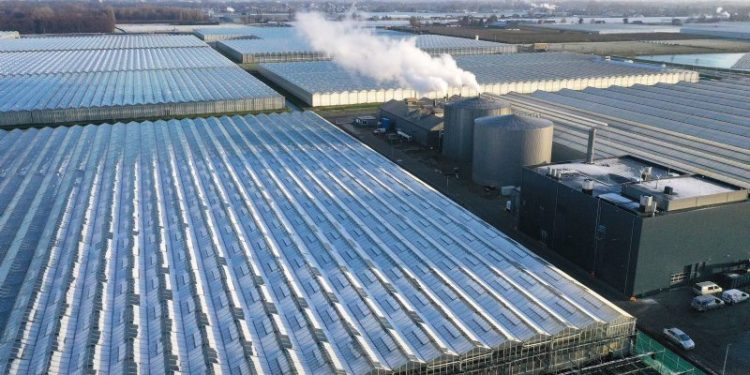n this article, we explore the imperative for greenhouse growers to adopt sustainable practices in light of recent regulations mandating environmental responsibility. Drawing on the latest data from various sources, we delve into the significance of sustainable cultivation methods, their benefits for farmers, agronomists, agricultural engineers, farm owners, and scientists, and the steps required to comply with these new requirements.
According to a recent report by Nieuwe Oogst, greenhouse growers are now facing mandatory regulations to enhance their sustainability practices. With increasing concerns about climate change, resource depletion, and environmental impact, it has become crucial for the agricultural industry to prioritize sustainable cultivation methods.
Data from various studies highlight the pressing need for greenhouse growers to adopt sustainable practices. Greenhouse production is known to consume substantial amounts of energy and water, contribute to greenhouse gas emissions, and generate waste. By implementing sustainable techniques, growers can minimize these negative impacts and create a more environmentally friendly and efficient operation.
One aspect that demands attention is energy consumption. Greenhouses require significant energy inputs for heating, cooling, and lighting, which contribute to carbon emissions. However, advancements in energy-efficient technologies, such as LED lighting, improved insulation, and cogeneration systems, offer viable solutions to reduce energy usage and lower operational costs.
Water management is another critical factor in sustainable greenhouse cultivation. Water scarcity and the need for responsible water usage necessitate the adoption of efficient irrigation techniques like drip irrigation, hydroponics, and recirculation systems. These methods help conserve water, prevent nutrient leaching, and enhance overall crop health and productivity.
Moreover, waste reduction and recycling play a pivotal role in sustainable greenhouse operations. Implementing strategies such as composting, using organic waste for bioenergy production, and recycling packaging materials can significantly minimize waste and contribute to a circular economy within the industry.
In conclusion, the mandatory shift toward sustainability for greenhouse growers presents both challenges and opportunities. By embracing sustainable practices, such as energy-efficient technologies, responsible water management, and waste reduction strategies, growers can enhance their environmental performance, comply with regulations, and build a more resilient and economically viable operation. It is crucial for farmers, agronomists, agricultural engineers, farm owners, and scientists to stay informed, adapt to these changes, and work collaboratively to ensure a sustainable future for the greenhouse industry.
Tags: Greenhouse Cultivation, Sustainability, Regulations, Energy Efficiency, Water Management, Waste Reduction, Circular Economy, Environmental Responsibility.












